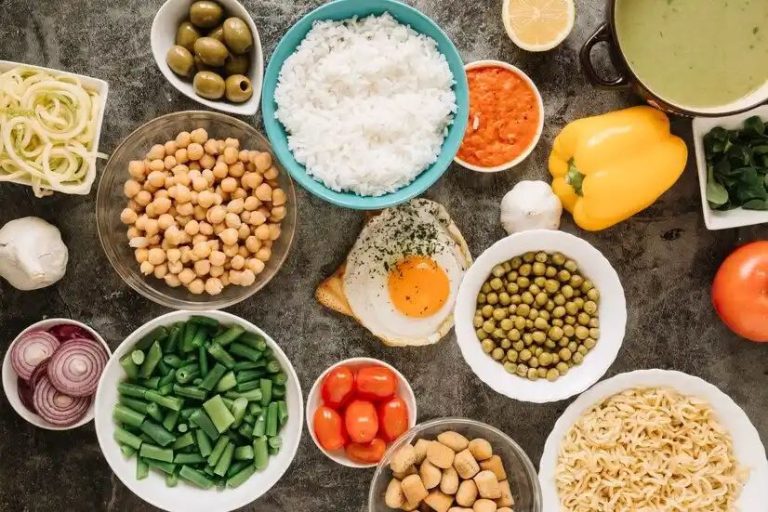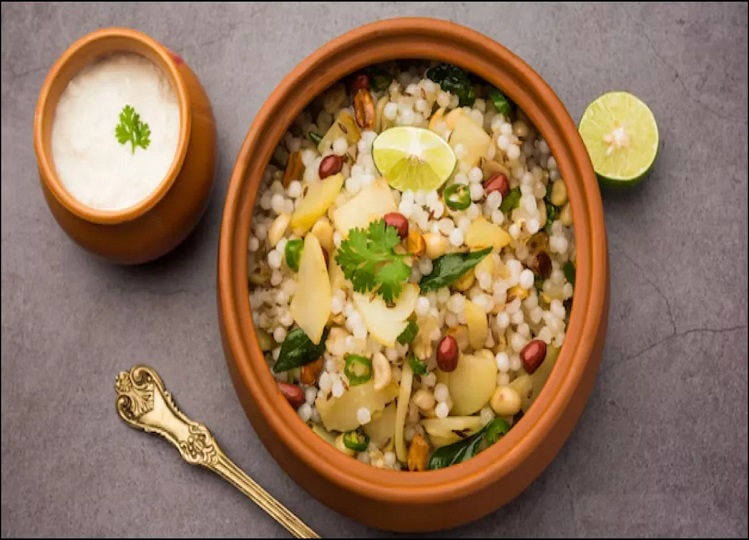Avoid Reheating These 7 Foods When Having Leftovers

Reheating food is a popular practice that provides convenience and can save time in the kitchen. Some foods may not react favourably to reheating, potentially becoming unsafe or losing their original texture and flavour when exposed to heat again.
Knowing which foods to avoid reheating is essential for preserving their flavour and nutritional value while reducing any potential health hazards. Some foods, when heated again, undergo changes that can lead to digestive issues or, in extreme cases, pose the risk of food poisoning. Understanding these risks is crucial for maintaining both the taste and safety of your meals.
7 Foods to Avoid Reheating
Leafy Greens
Foods like spinach, lettuce, and fenugreek contain nitrates that can transform into harmful compounds when reheated. These compounds, when consumed in large amounts, may increase the risk of certain diseases. It’s best to consume leafy greens fresh or in salads rather than reheating them.
Mushrooms
Mushrooms are known for their high protein content, but they also contain compounds that degrade quickly when exposed to heat. Reheating mushrooms can lead to a loss of texture and flavour, making them less palatable. It’s advisable to consume mushrooms immediately after cooking.
Eggs
Reheating eggs can pose a risk of bacterial contamination, particularly if they have been left at room temperature for an extended period. Eggs contain proteins that can break down when reheated, resulting in an unpleasant texture. It’s safer to consume eggs freshly cooked and avoid reheating them altogether.





